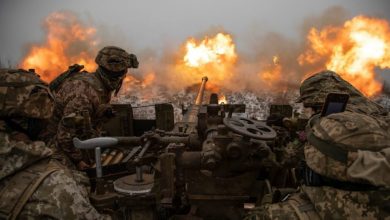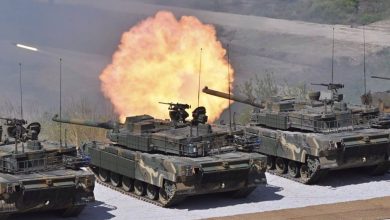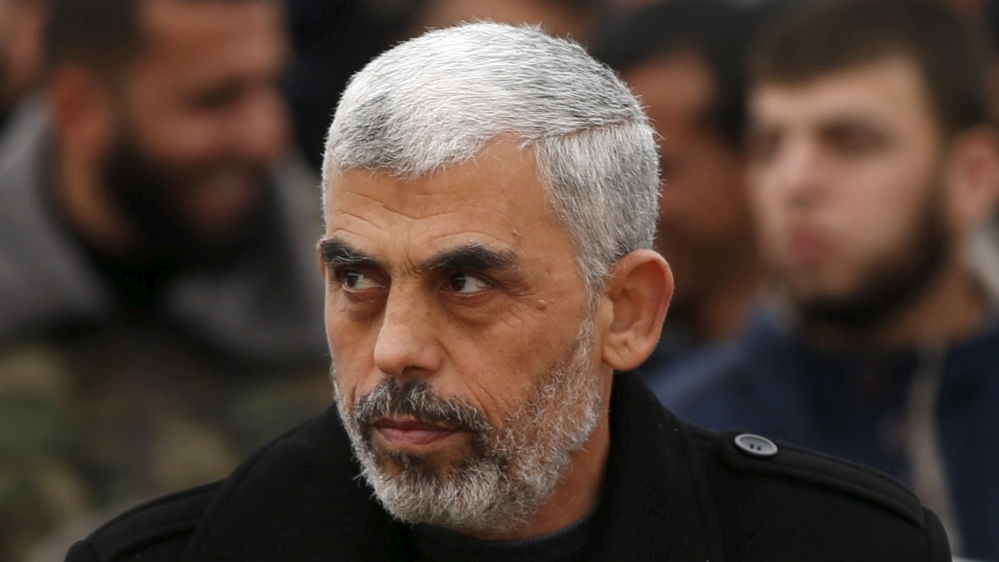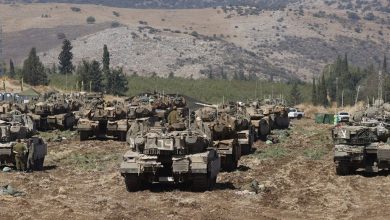Zionist Ally Columbia University Expands Security Force with 36 Newly Empowered Patrol Officers to Overcome Pro-Palestinian Protests
Columbia University confirmed this week that the 36 newly announced special patrol officers, introduced last month, have been appointed by the New York Police Department. These officers will operate under the directives of the police commissioner, according to a university spokesperson.
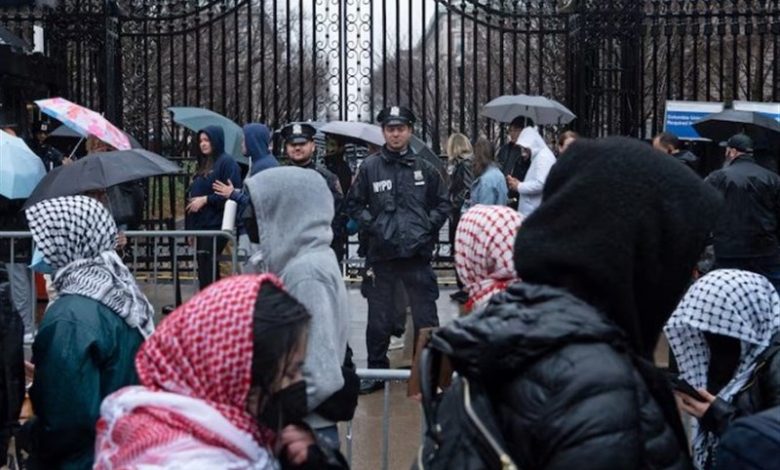
Columbia University officials formally requested the city’s police commissioner to assign peace officers, following two incidents where the NYPD was summoned to detain pro-Palestinian student demonstrators. These protesters had established a tent encampment on the university’s campus lawn during the previous spring.
Columbia spokesperson Samantha Slater announced that newly appointed officers have successfully completed the NYPD’s application process in accordance with New York State’s Peace Officers law. This legislation permits both individuals and corporations to file applications with the NYPD commissioner in order to have their employees designated as special patrol officers. Upon approval, these officers receive authority equivalent to that of police officers, including the power to make arrests and employ physical force.
According to an email statement from Slater responding to inquiries from Reuters, recent legislation permits Columbia to appoint Special Patrol officers, contingent upon the police commissioner’s approval. Slater noted that Columbia employs individuals who satisfy additional legal criteria, including extensive training programs and completion of the NYPD’s application procedure.
She indicated that the special patrol officers are sanctioned by the New York City administrative code, which stipulates that they must comply with the directives of the commissioner, adhere to the department’s rules and regulations, and align with its overall discipline.
Under municipal regulations, Columbia is responsible for funding the training and salaries of officers designated by NYPD, while these officers continue to be employees of Columbia. However, they will “retain all the powers and fulfill all the responsibilities” akin to standard NYPD patrol officers. Columbia officers are required to report any summonses they issue and transport any individuals they arrest to the nearest NYPD precinct.
Columbia University has announced that individuals taken into custody will be temporarily held and processed at a dedicated facility located approximately 20 blocks north of the university’s main Manhattan campus. This arrangement will remain in place until the individuals can be transferred to the appropriate precinct.
Following the release of the article, Slater, speaking on behalf of Columbia, challenged the interpretation of the legislation and underscored that the officers in question were indeed Columbia employees.
Columbia is responsible for hiring, selecting, employing, and funding them, Slater stated in an email.
Reuters was unable to verify the complete specifics of Columbia’s officers’ recruitment and the NYPD appointment procedure independently.
A representative from the NYPD confirmed that patrol officers will operate without firearms but opted not to address further inquiries. Columbia University stated that these new officers are required to undergo 162 hours of state-certified training and, as mandated by law, will be officially sworn in by the police commissioner. Once this process is complete, the officers will have the authority to patrol the university’s privately owned buildings, gated plazas, and lawns—areas where standard NYPD officers typically do not patrol.
In the previous spring, Columbia emerged as the focal point of a pro-Palestinian student protest movement that has stirred universities globally.
Columbia University’s board of trustees and the 111 members of the University Senate, composed of students, staff, and alumni, have often clashed on the most effective approach to managing the protests.
The board of trustees has named Claire Shipman, its current co-chair, as the interim president of the university, effective last week.
Under the peace officer law of New York, Columbia’s newly appointed officers are endowed with equivalent authority as other police officers in terms of warrantless searches and arrests. The legislation allows these officers to employ physical and deadly physical force when making an arrest or preventing an escape.
Slater stated that the officers will collaborate with the university’s public safety office. However, in contrast to Columbia’s 117 civilian safety employees, these officers will be authorized to “remove individuals from campus, issue citations, and make arrests, if deemed necessary and appropriate.”
Months prior to Trump’s return to the White House, a plan was already in motion. His administration, pointing to what it labeled as antisemitic harassment occurring on and near campus grounds, issued a demand last month for Columbia University to enforce stricter protest regulations or face the permanent withdrawal of federal funding. Among the nine stipulations was a requirement for the university to deploy peace officers with arrest authority.
This week, Columbia University’s Office of Public Safety revised its website to announce that the addition of new officers will enhance the university’s capability to address campus disruptions more efficiently and swiftly, while simultaneously decreasing dependence on the New York City Police Department.
Members of the Senate, which shares university governance responsibilities with the Board of Trustees, reported that they had been informed by both the trustees and the president’s office about Columbia’s initiative to recruit peace officers. However, they noted a lack of communication regarding any involvement of the New York Police Department in the hiring of these patrol officers.
Dr. Jeanine D’Armiento, a professor of medicine and the chair of the Senate’s executive committee, along with two unnamed senators, informed Reuters that the president’s office persistently refused to disclose the identity of the New York government officials responsible for authorizing the officers.
Columbia University’s representative, identified as Slater, affirmed the institution’s adherence to its bylaws. In a letter released following the publication, Slater emphasized that Columbia’s intention to augment its safety personnel with peace officers has been openly communicated and was not intended to be concealed.
